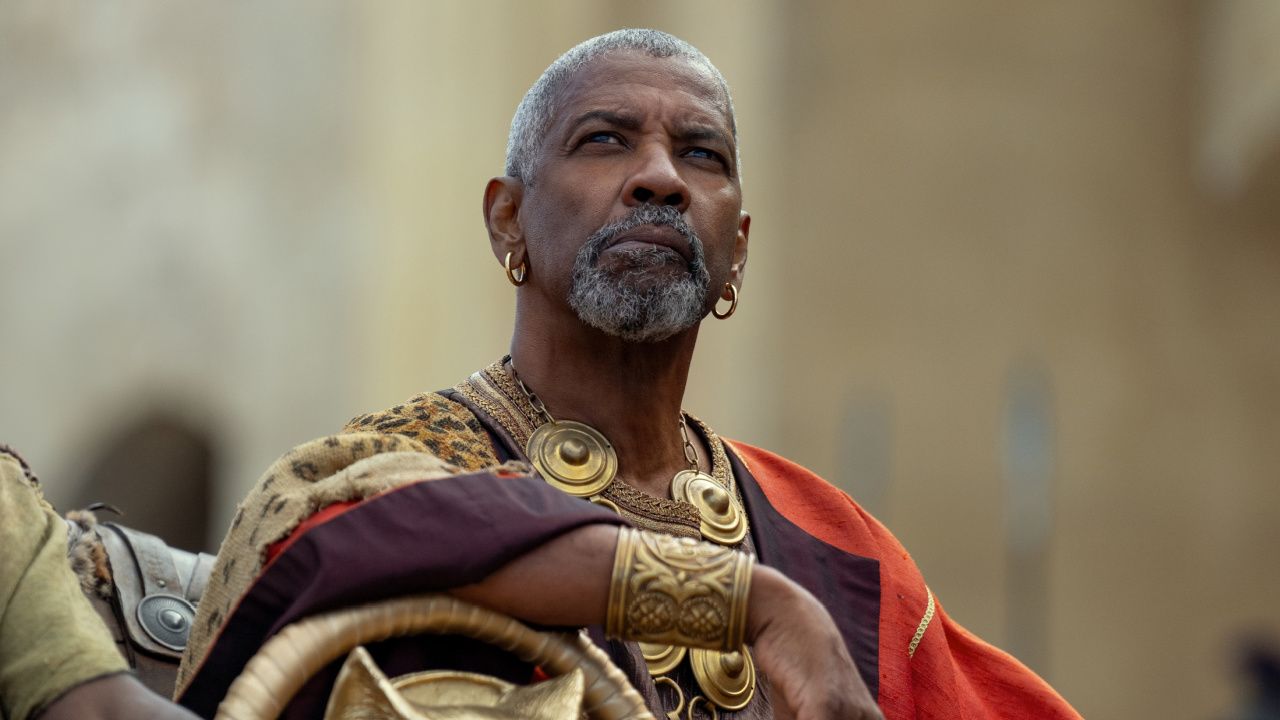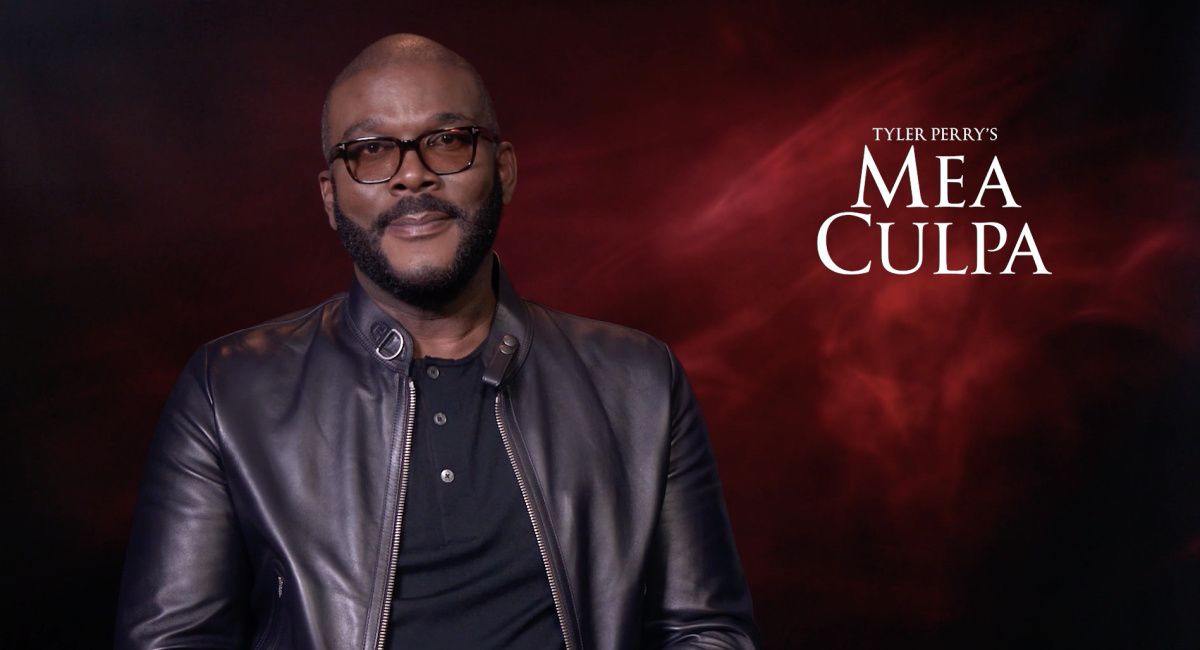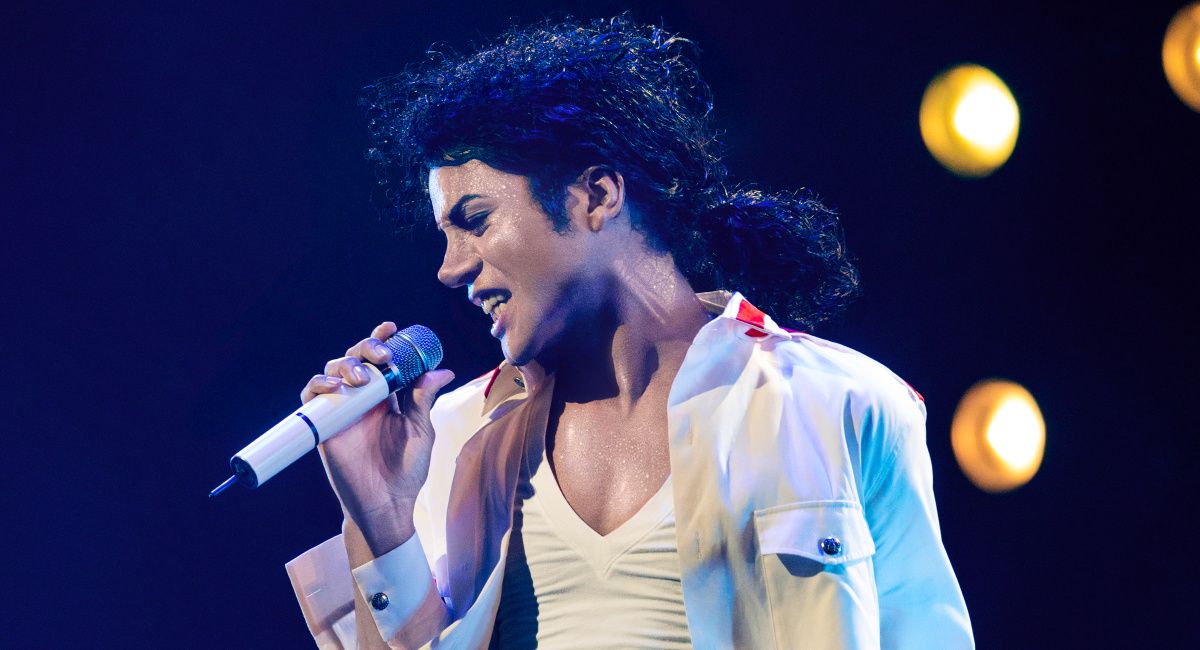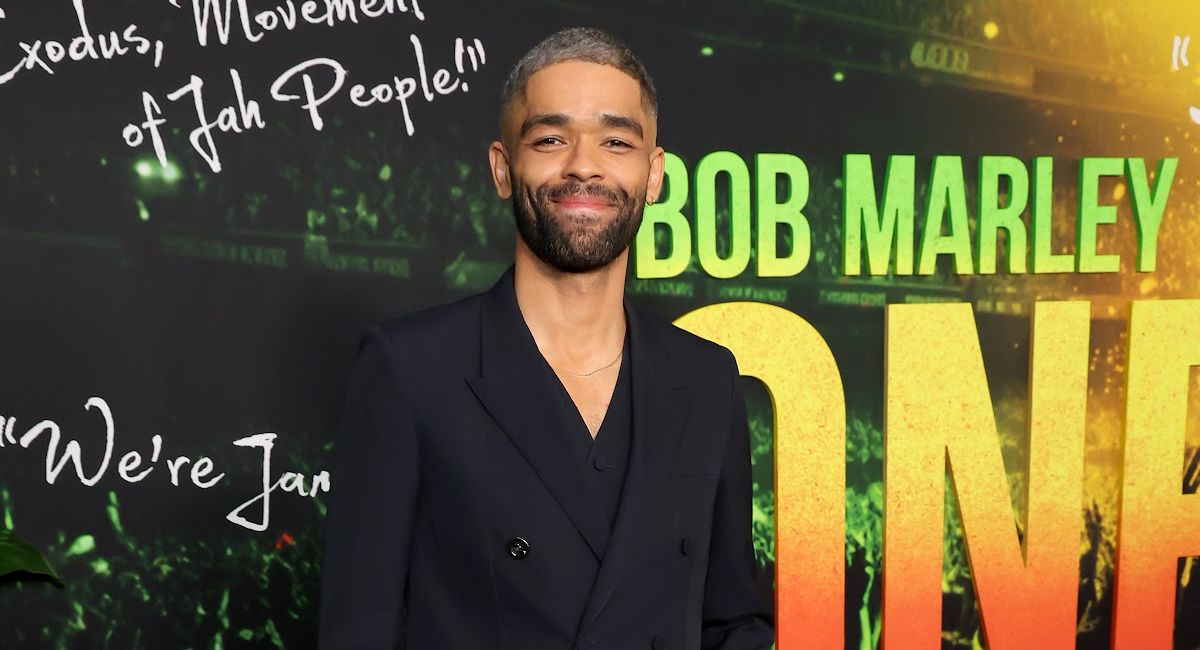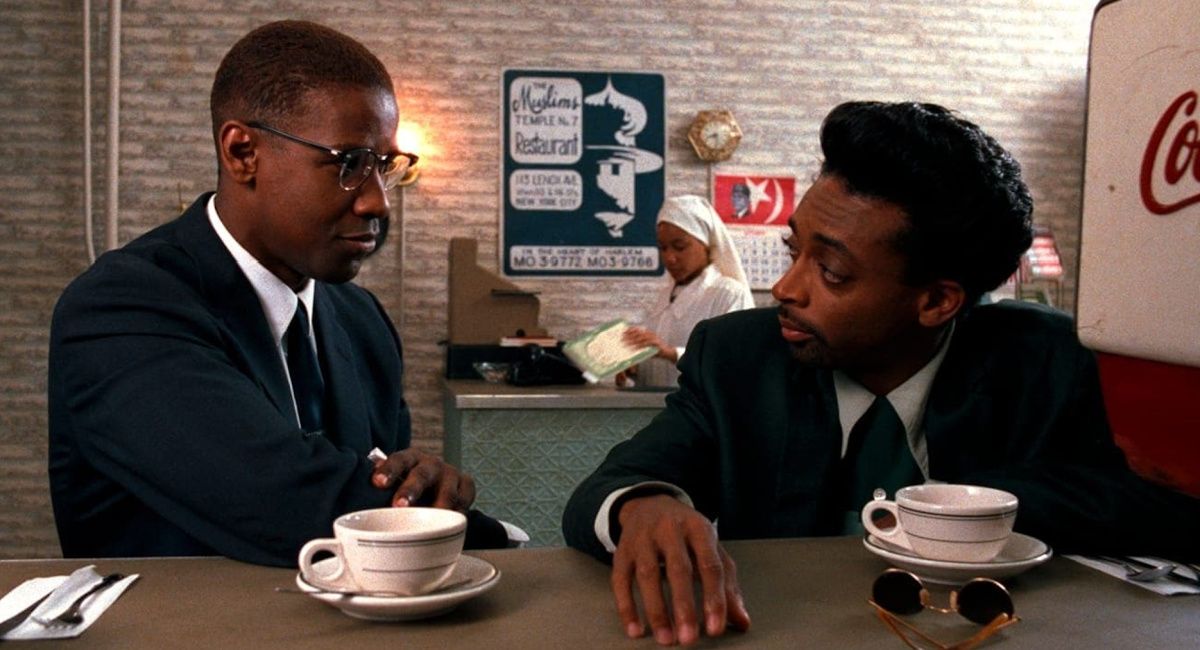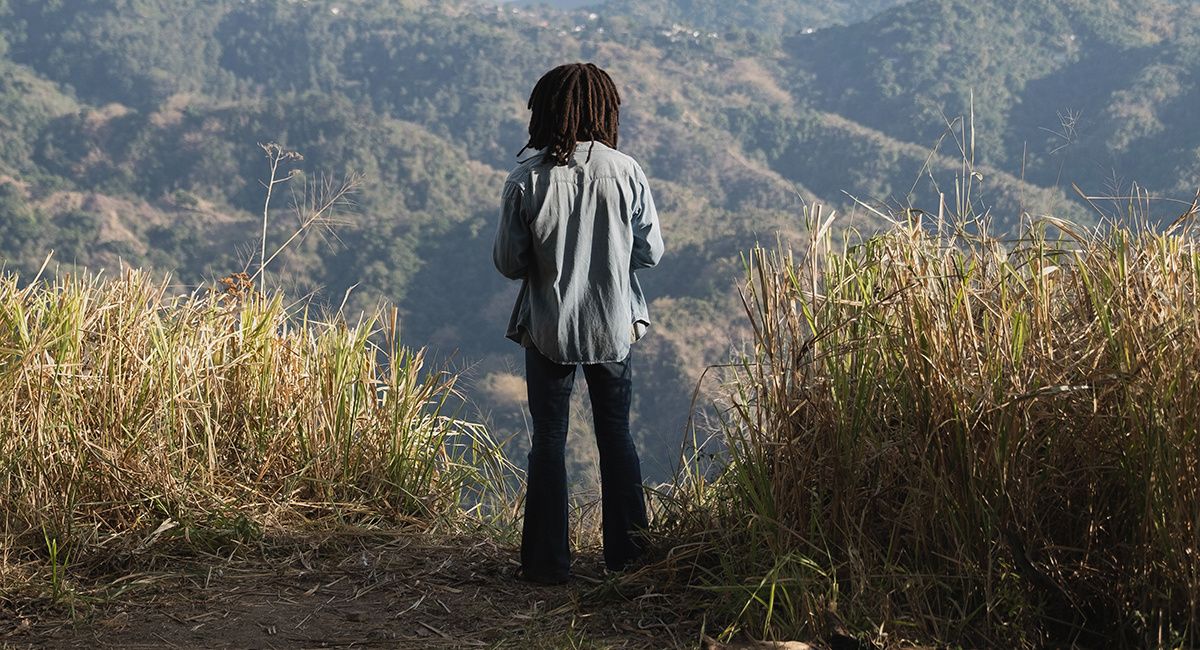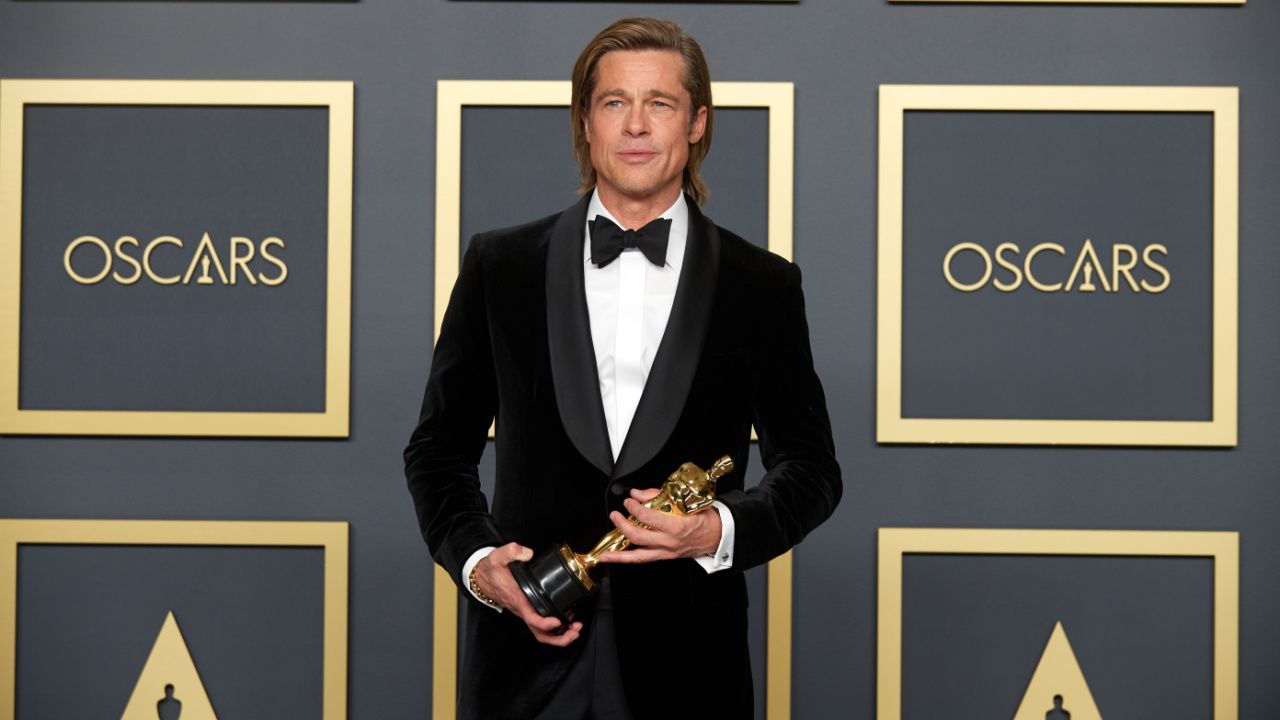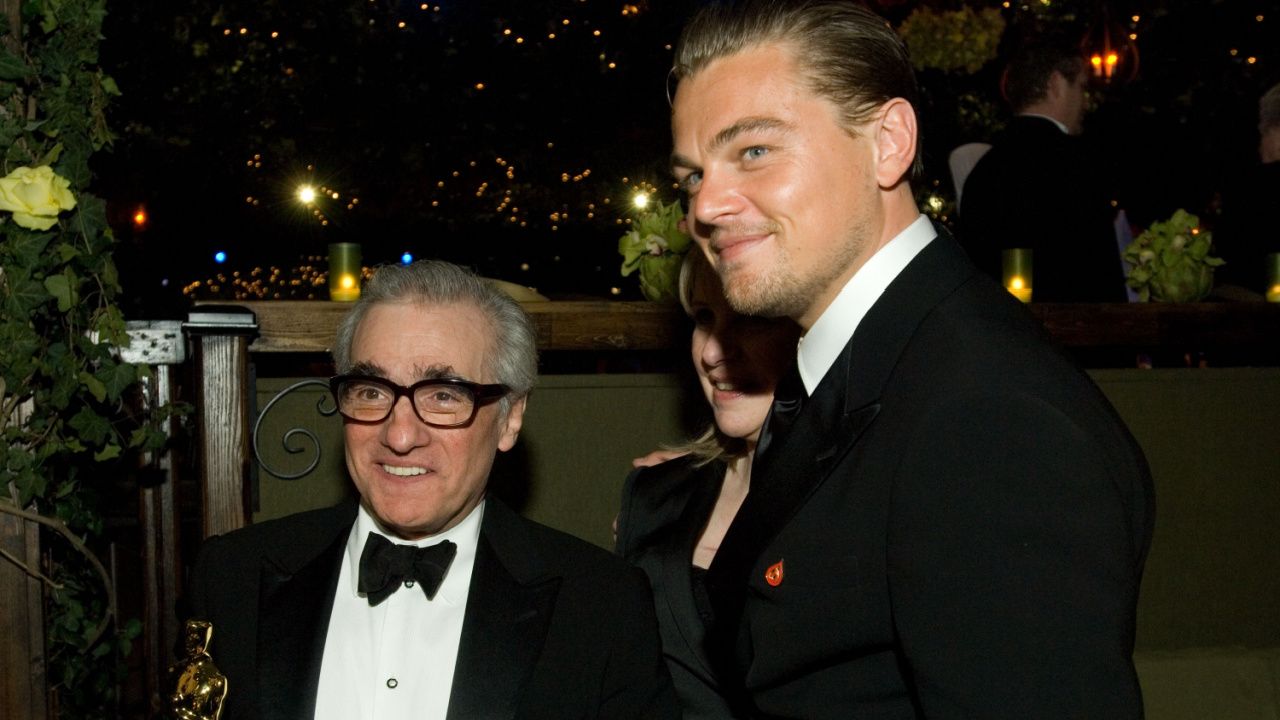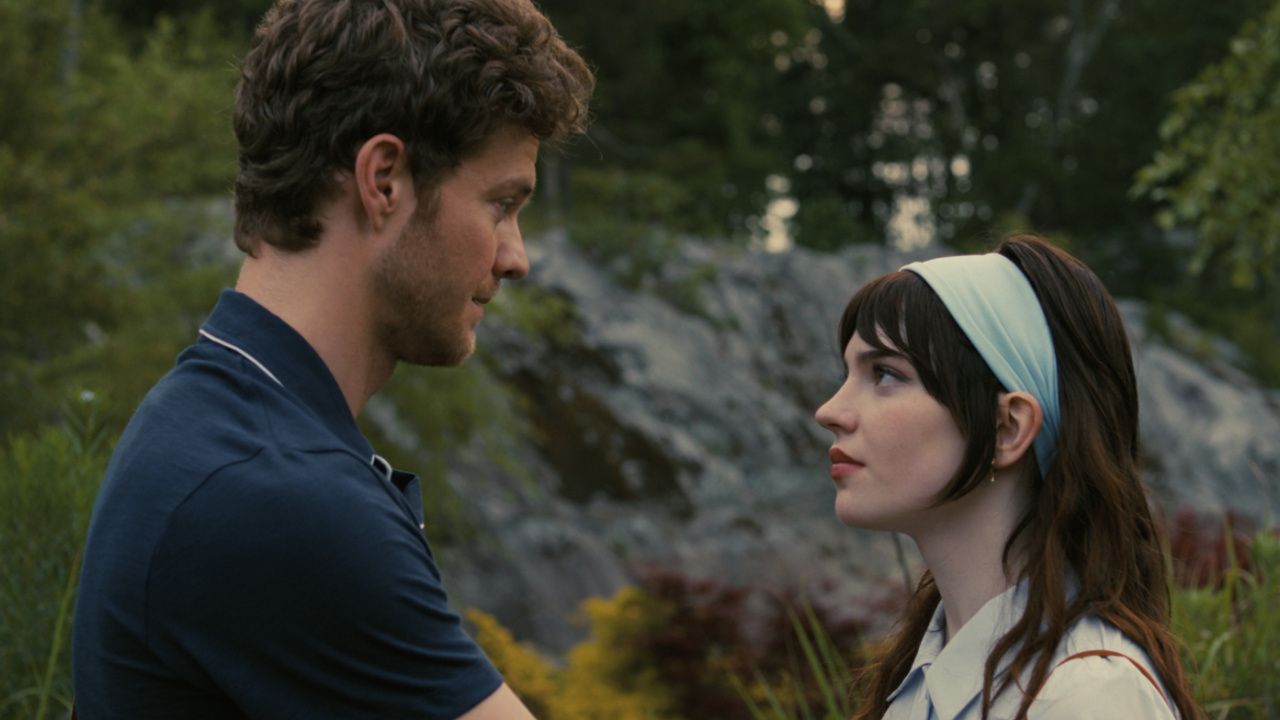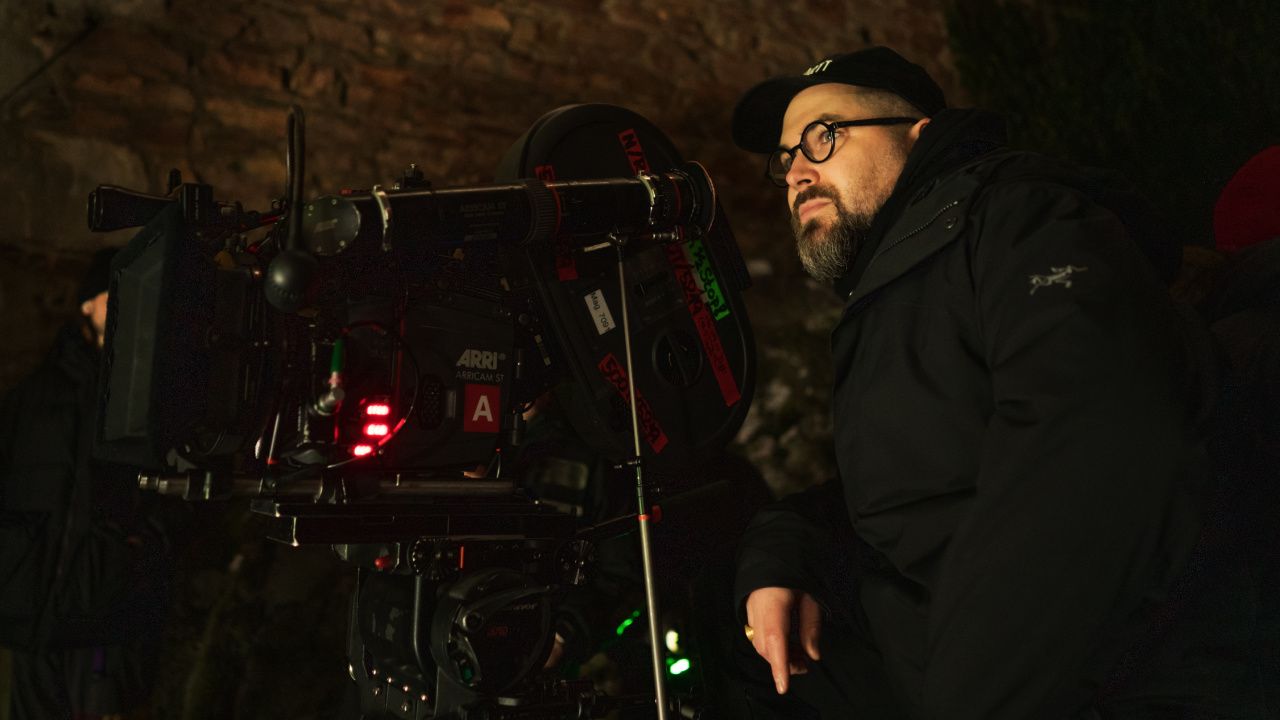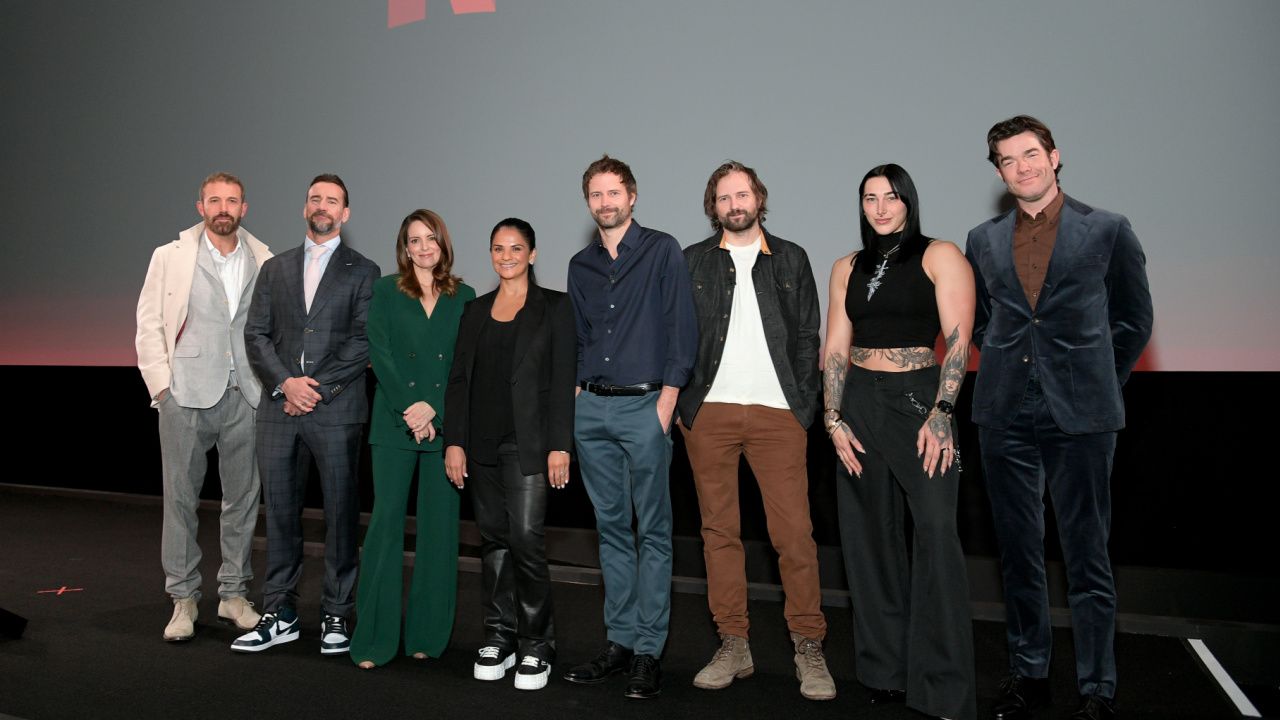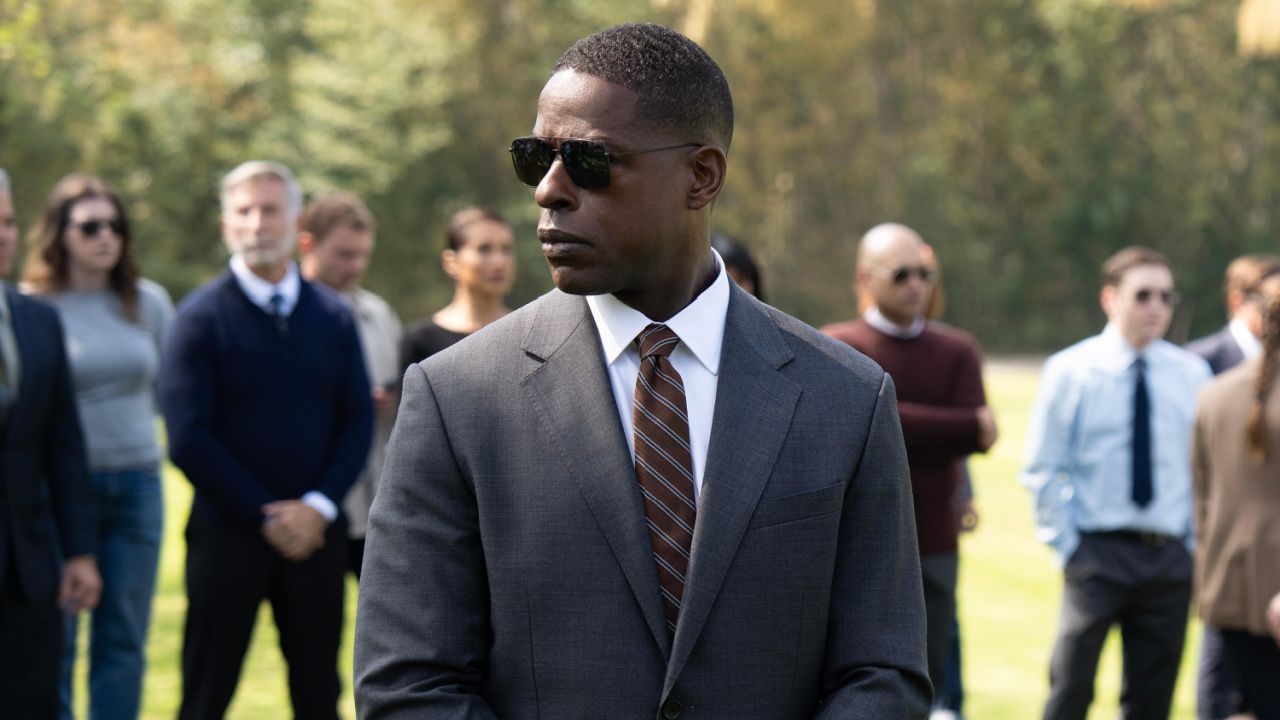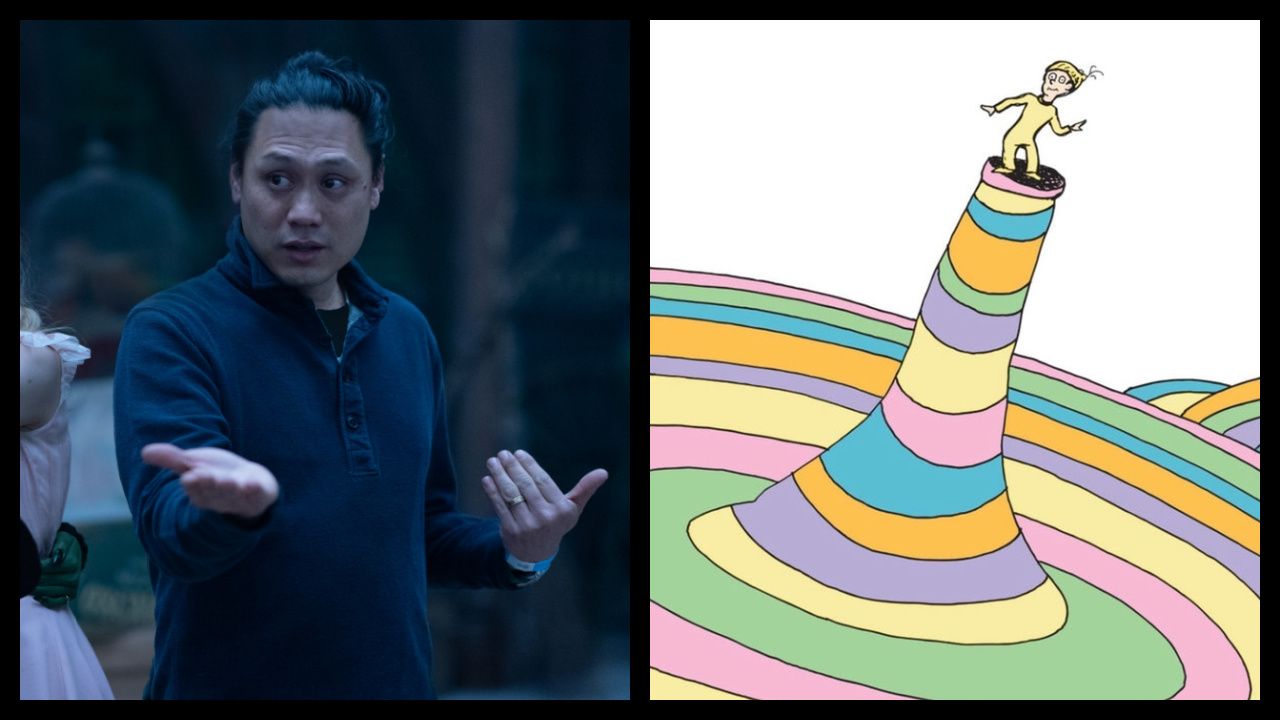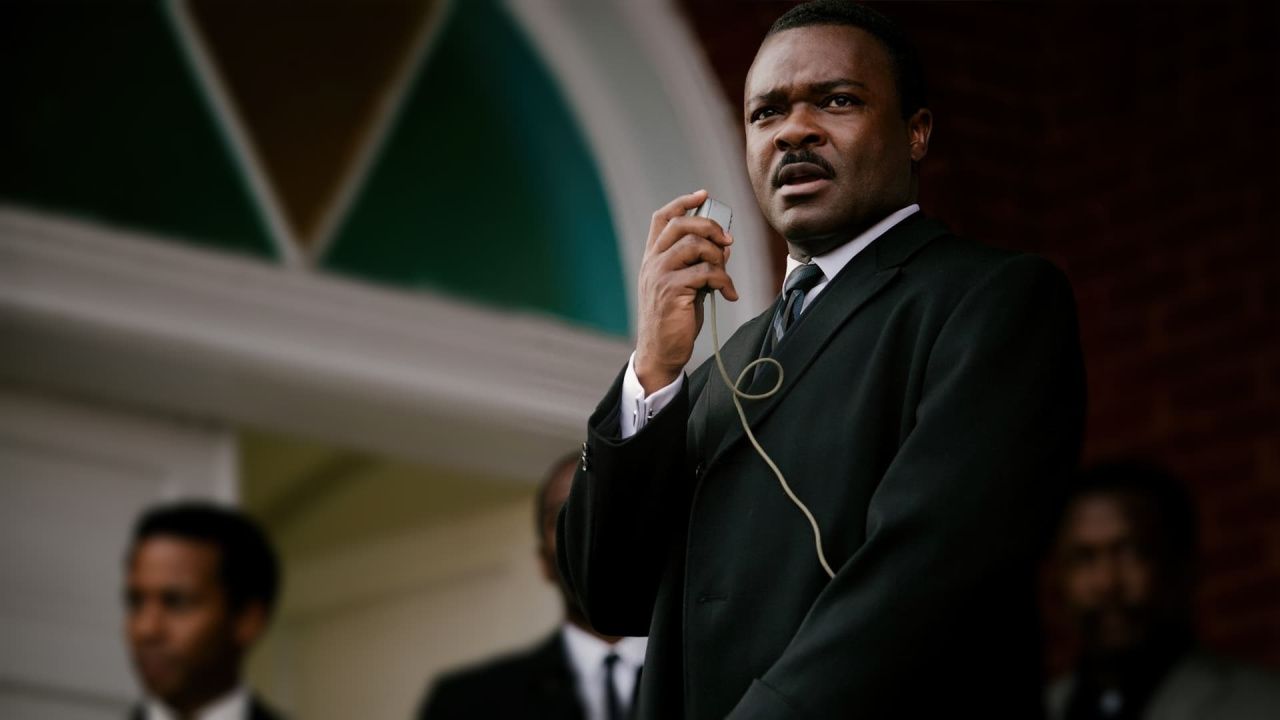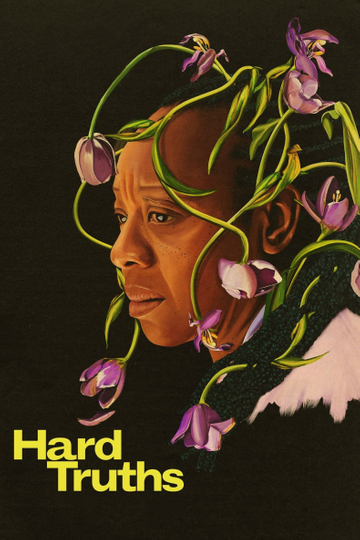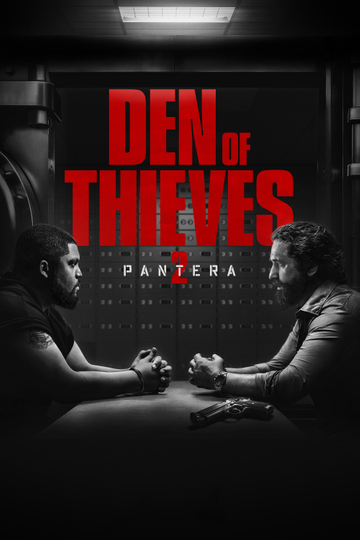18 Things You Never Knew About 'Malcolm X'
Twenty-five years later, it's hard to remember what all the shouting was about. Today, Spike Lee's "Malcolm X" looks like a standard Hollywood prestige biopic, centered around an Oscar-worthy performance by Denzel Washington.
But during the time leading up to the movie's release a quarter-century ago this week (on November 18, 1992), the behind-the-scenes turmoil of the "Malcolm X' production seemed nearly as dramatic and racially controversial as the Nation of Islam activist's real life had been.
Merely getting "Malcolm X" made was a remarkable accomplishment, one that took 25 years of struggle that only intensified as the cameras started rolling. Here's how Lee and his team made it happen, by any means necessary.
1. As early as 1967, screenwriter Marvin Worth tried to get a biopic made. He'd known Malcolm when they were both teenagers hanging out in Manhattan jazz clubs in the 1940s. At the time, Worth was a young talent agent booking the likes of Charlie Parker and Billie Holliday, and the future minister was a marijuana dealer named Malcolm Little who went by the street name "Detroit Red." Two years after Malcolm was assassinated in 1965, Worth became a movie producer when when he bought the film rights to "The Autobiography of Malcolm X."
2. Worth enlisted no less than novelist James Baldwin to write the screenplay, later revised by blacklisted screenwriter Arnold Perl. At the time, Worth found it easier to get a documentary made than a feature drama. Perl directed the non-fiction feature, also called "Malcolm X," but died before its release in 1972. 3. With "Malcolm X" nominated for a Best Documentary Oscar, Worth believed it would only be another couple of years before he got to make a biopic out of his screenplay. In fact, it took another two decades.
4. Worth's "Malcolm X" drama had various stars attached to it over the years, including Richard Pryor and Eddie Murphy -- as well as some top directors, including streetwise New Yorker Sidney Lumet and Canadian filmmaker Norman Jewison, director of the landmark Civil Rights-era drama and Best Picture Oscar-winner "In the Heat of the Night."
5. Lee (right), who had dreamed of making a Malcolm X biopic since college, landed the job after being one of the most outspoken complainers that "Malcolm X" ought to be directed by a black filmmaker. As it turned out, Jewison had similar doubts that he was the right man for the job and dropped out.
6. Several top dramatists wrote drafts of "Malcolm X," including playwrights David Mamet and Charles Fuller. Lee did his own draft, and his revisions were significant enough for Baldwin's family to request that the late writer's name be removed from the credits. In the end, the finished screenplay would be credited to just Lee and Perl.
7. It was Jewison, however, who brought Washington on board to star. He'd given the actor an early career break in his 1984 film version of Fuller's "A Soldier's Story." Washington had even played Malcolm before, in a 1981 Off-Broadway play. By 1991, the actor had won an Oscar for "Glory" and had starred in Lee's "Mo' Better Blues." "Malcolm X" would mark the second of four times to date that Lee has directed Washington.
8. Still, there was anger among some black activists. For one thing, Washington didn't resemble Malcolm, who was 6'4" and had light skin. For another, they feared that Lee's Hollywood backers would force him to soften Malcolm's story so as not to unsettle white viewers or bourgeois black moviegoers. Lee noted the irony that he was now facing the same kind of complaints he'd leveled against the studio for hiring Jewison. "It's rather poetic justice, don't you think?" agreed Fuller. He told Newsweek, "To say some black or white person should not participate in an art form is inconsistent with being an artist."
9. The protests died down, perhaps because Lee and Worth hired as a consultant Malcolm's widow, Betty Shabazz, played in the film by Angela Bassett. They also hired members of the Fruit of Islam, the Nation of Islam's security staff, to protect the set.
10. Lee had requested from Warner Bros. a budget in excess of $30 million, not unreasonable for a sprawling period epic. The studio balked, however, giving him just $28 million and insisting on a final print that ran no more than two hours and 15 minutes.
11. Lee sought advice from a veteran of such budget battles, Francis Ford Coppola, who told him, "Get the movie company pregnant." That is, get far enough along in production that the studio can't abort the project. But the studio did, pulling the plug during post-production, even after Lee had returned $2 million of his own $3 million salary into the budget.
12. "Malcolm X" was rescued by several African-American celebrities, including Oprah Winfrey, Bill Cosby, Michael Jordan, Prince, and Janet Jackson, who collectively put up the money needed to complete the film. Lee's final cut ran three hours and 22 minutes.
13. One thing the studio didn't want to pay for was location shooting in Saudi Arabia, recounting Malcolm's pilgrimage to Mecca. The studio wanted to recreate Mecca in New Jersey. Nonetheless, Lee got his way and became the first filmmaker allowed to shoot a non-documentary feature at the Muslim shrine.
14. As the film's release date approached, Lee made a number of controversial statements. He asked that media outlets send black journalists to interview him; later, he clarified that he wouldn't turn away white journalists, but he was trying to use his celebrity clout to get more work for black reporters.
15. Lee also urged kids to skip school on the movie's opening day to go see it, a call to action that he later walked back.
16. "Malcolm X' ultimately cost $35 million to make. It earned back $48 million in North America. It's the second highest-grossing movie of Lee's three-decade career, behind only 2006 thriller "Inside Man."
17. The Academy nominated "Malcolm X" for two Oscars, for its costume design and for Washington's lead performance. He lost Best Actor to Al Pacino, who finally won his first Oscar after eight nominations, for "Scent of a Woman."
18. One of the movie's legacies is the career of The Good Fight."
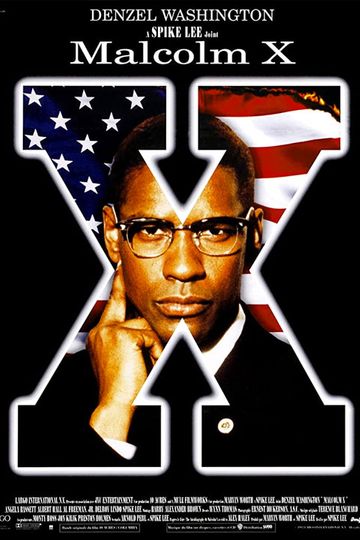
Malcolm X












